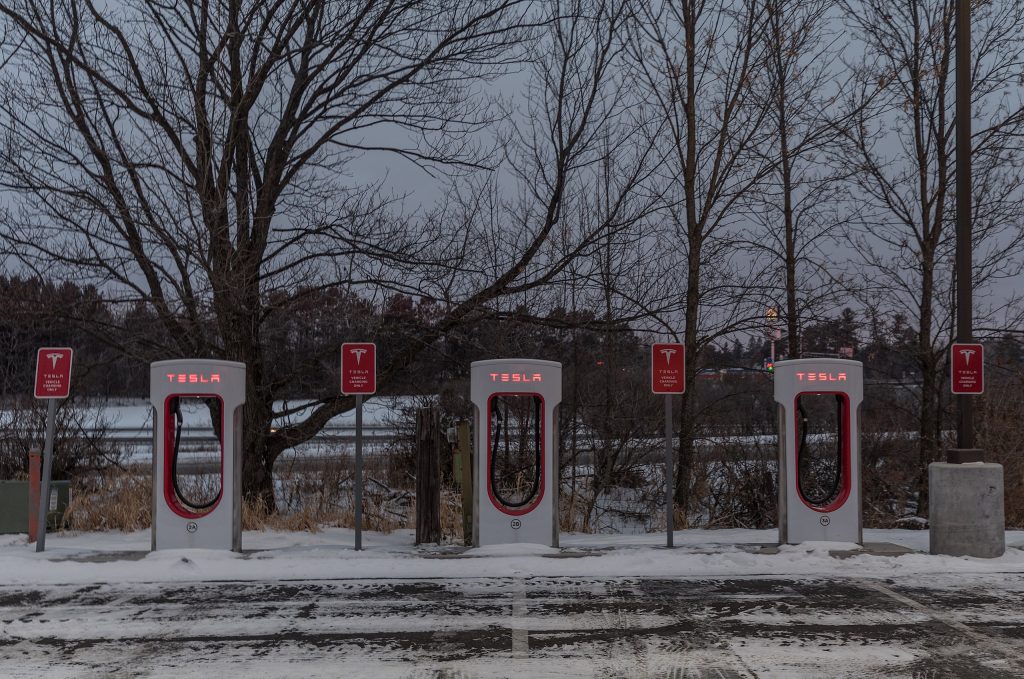Leading analyst of EV battery health Recurrent has produced a data report that shows the substantial negative impact cold weather can have on battery range.
The data, obtained in the US, compares the impact of real-world winter conditions on 13 different models of cars, including popular models such as the Tesla Model 3 and Chevy Bolt.
In a review of 1,200 Chevy Bolts, the batteries were very sensitive to the cold and lost about a third of their estimated 250-mile range at freezing temperatures compared to 80F (27C).
Tesla’s Model 3 however is less sensitive only losing about 5% of range across the temperature spectrum. The Jaguar I-PACE lost about 10 miles of range in the cold weather, amounting to an approximate 5% total range loss when temperatures are around freezing.
“Winter weather is something that every EV driver needs to keep in mind,” said Scott Case, chief executive and co-founder of Recurrent.
“Losing 10% or 20% of available range on a cold day could mean extra charging stops and longer charge times. That is especially important around the holidays, when families are traveling farther and definitely need to get where they are going. No one wants to spend Christmas morning in line at a fast-charging station.”
However, the study also shows that winter range loss is only temporary and there is no long-term detriment to batteries. When temperatures rise again, an EV’s range should return to normal.
Another key finding is that EV range is more affected by cold weather than hot, but all 13 manufacture’s models in the study experienced range fluctuations at different outdoor temperatures.
Each EV in the study had different climate control systems and different ways to manage battery temperature, which both affect how winter weather changes battery efficiency and range.
It is also worth noting that even an internal combustion engine (ICE) vehicle’s range is affected by temperature changes. When a vehicle’s heater is turned on in cold weather, this can cause friction in the transmission reducing fuel efficiency by 15-25%.
Scott Case said: “It’s not going to make the evening news when a vehicle with a gasoline engine loses efficiency in the winter. But I would guess that people are equally disappointed to stand outside at a gas pump in frigid temperatures as they would be at a charging station. As people learn more about their EV and the infrastructure legislation takes shape in the US, we'll hope to see a cure for seasonal range anxiety.”
